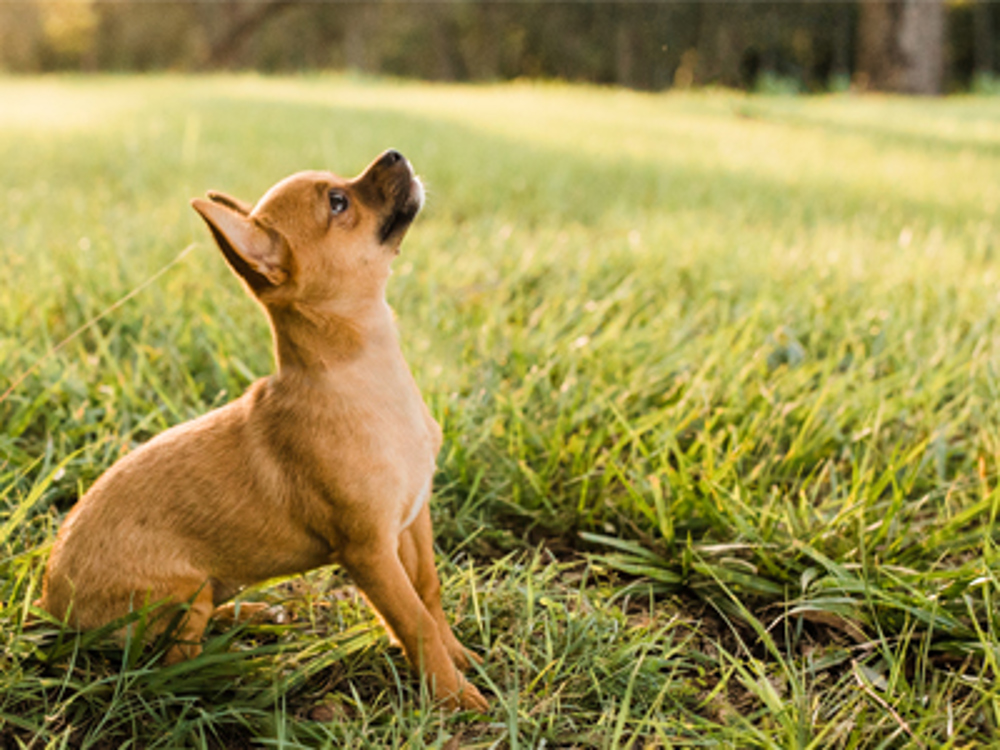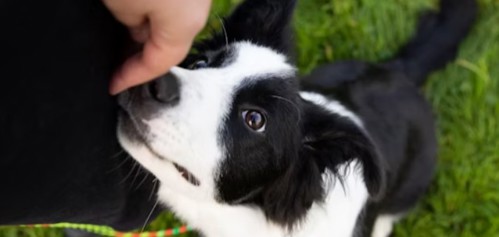
What should my dog’s poop look like?
All dogs are different and so are their poos. What’s normal and healthy for one dog may not be normal for another, but ideally, a dog’s poo should be a score number one on the faecal scoring chart.
Picking up your dog’s poo may not be the most glamorous part of owning a dog, but it does mean that you can quickly spot if something is different. If you do notice a change, then it’s a good idea to speak to your vet for advice.
The best lifetime dog insurance
Protect your dog with the UK's Number 1 pet insurer, with up to £25,000 cover for vet fees.
Colour
If your dog’s poo is any of the colours listed below, or if you’re worried about a change in colour, then contact your vet for advice:
- Green – This could show that your dog has eaten too much grass, or it could suggest an issue with their gallbladder
- Orange/yellow – This may imply that your dog has a problem with their pancreas, gallbladder or liver
- Red streaks – Streaks of fresh blood could suggest damage within the large intestine
- Black – This could suggest the presence of bleeding from the upper part of your dog’s gastrointestinal tract (from their stomach or small intestine)
- Greasy and grey – This can suggest a biliary problem or issues with their pancreas
Shape
Ideally, your dog’s poo should be shaped like a log and keep its form when picked up. If your dog’s poo is hard, round and pebble like (a score number one on the faecal scoring chart), then it could imply that they’re dehydrated.
Consistency
Size
Frequency
Unusual things in your dog’s poo
- Mucus – this may suggest that your dog’s colon is irritated or inflamed
- Lots of grass – this might indicate that they’re eating grass, possibly because they’re bored, stressed, have been feeling unwell, or in some cases, just out of habit!
- Lots of hair – this could suggest that your dog is losing hair (possibly due to a skin problem) or that they’ve been licking themselves a lot, which could be a sign of an allergy, boredom or anxiety
- Small white flecks – this can be a sign of worms
Think your dog may be affected?
If you're worried about your dog's health, always contact your vet immediately!
We are not a veterinary organisation and so we can't give veterinary advice, but if you're worried about any of the issues raised in this article, please contact your local vet practice for further information
Find a vet near you
If you're looking for a vet practice near you, why not visit the Royal College of Veterinary Surgeons' Find a vet page.

